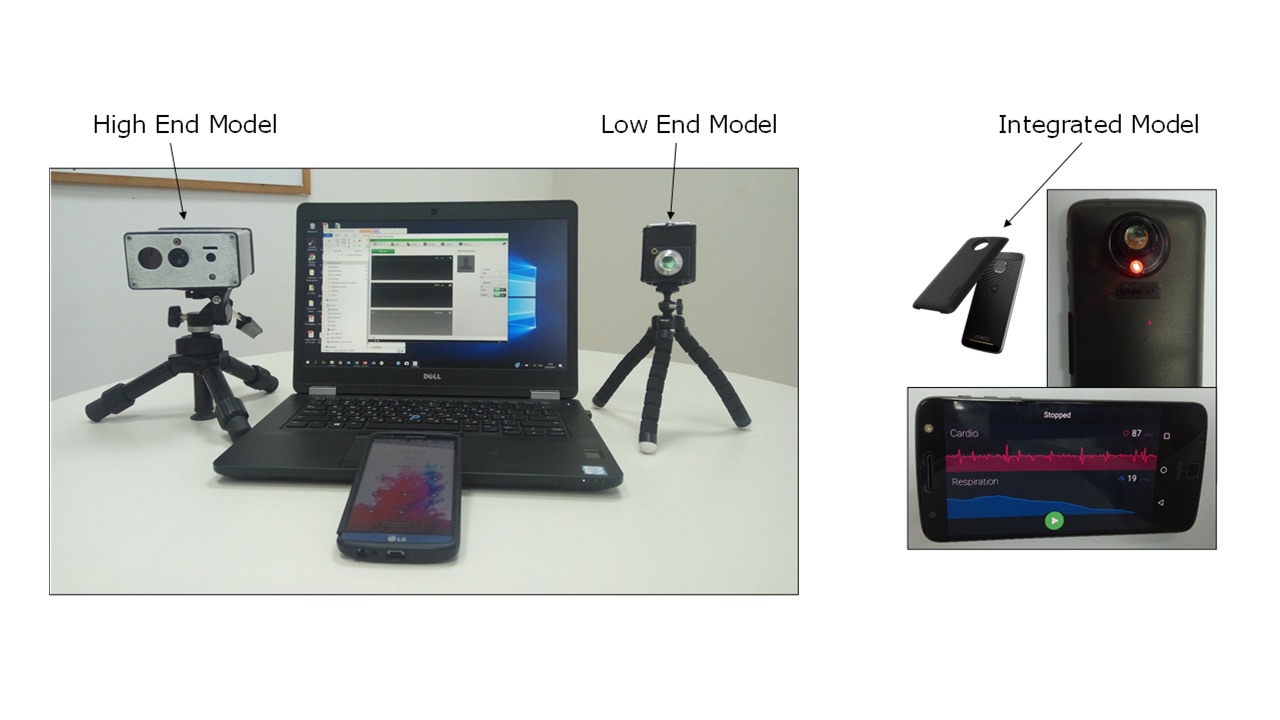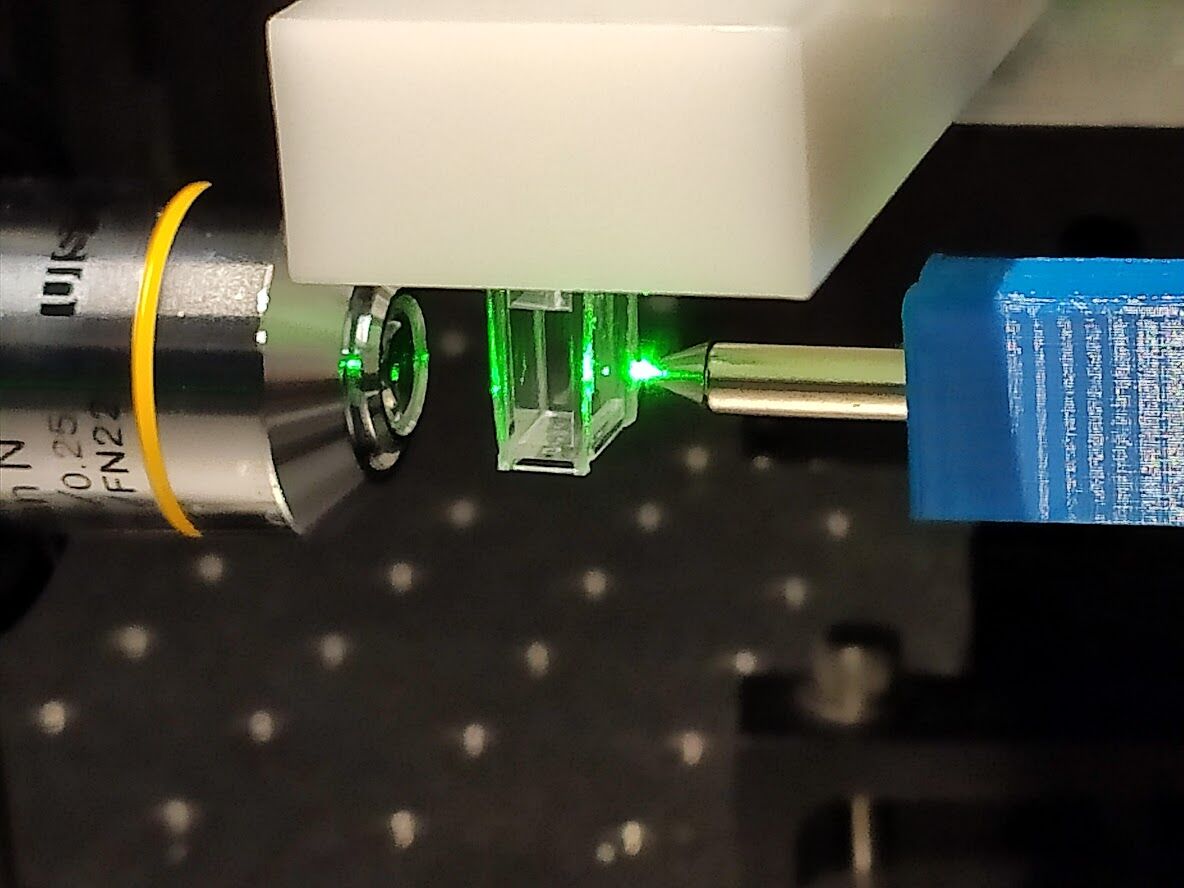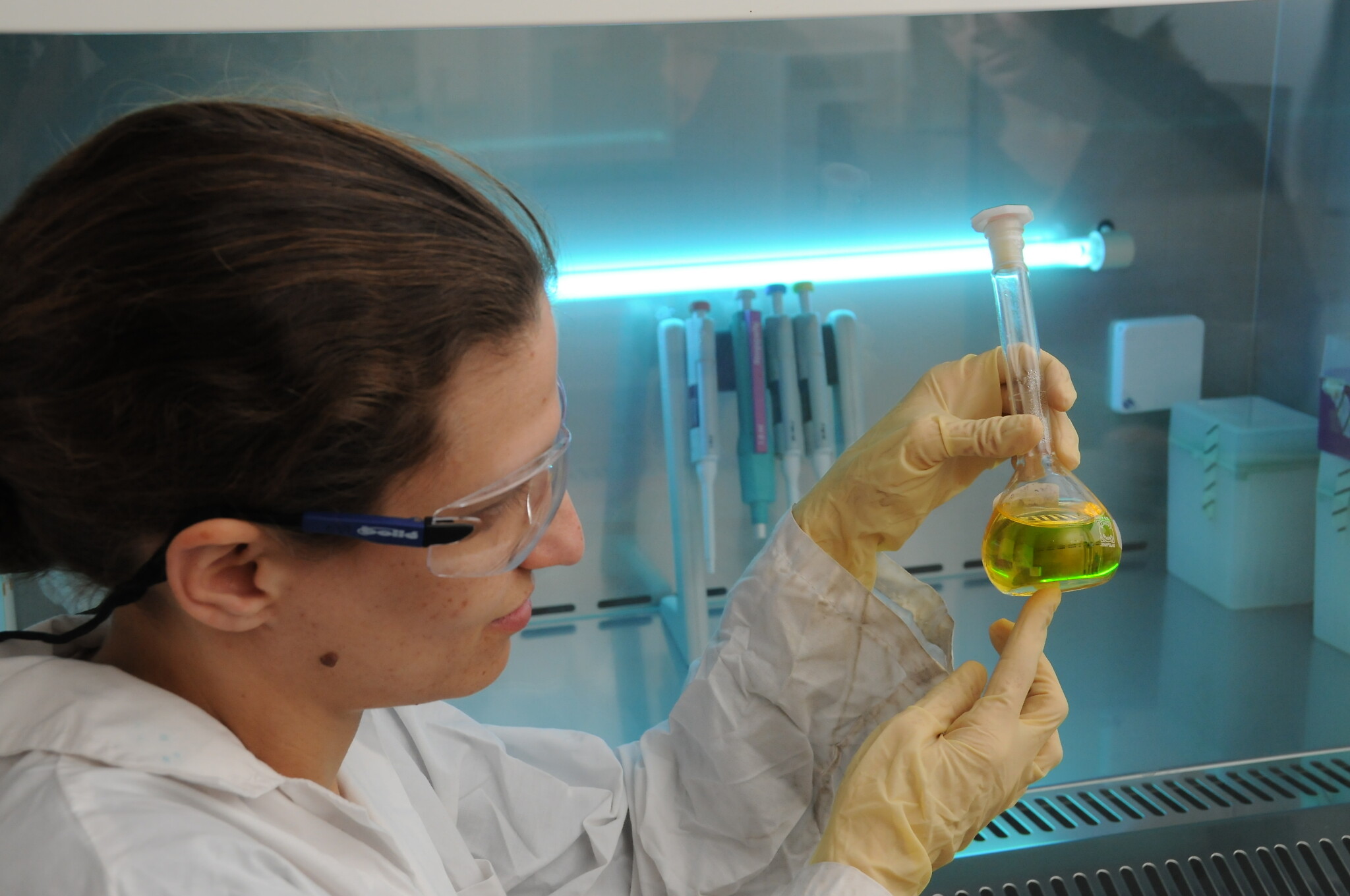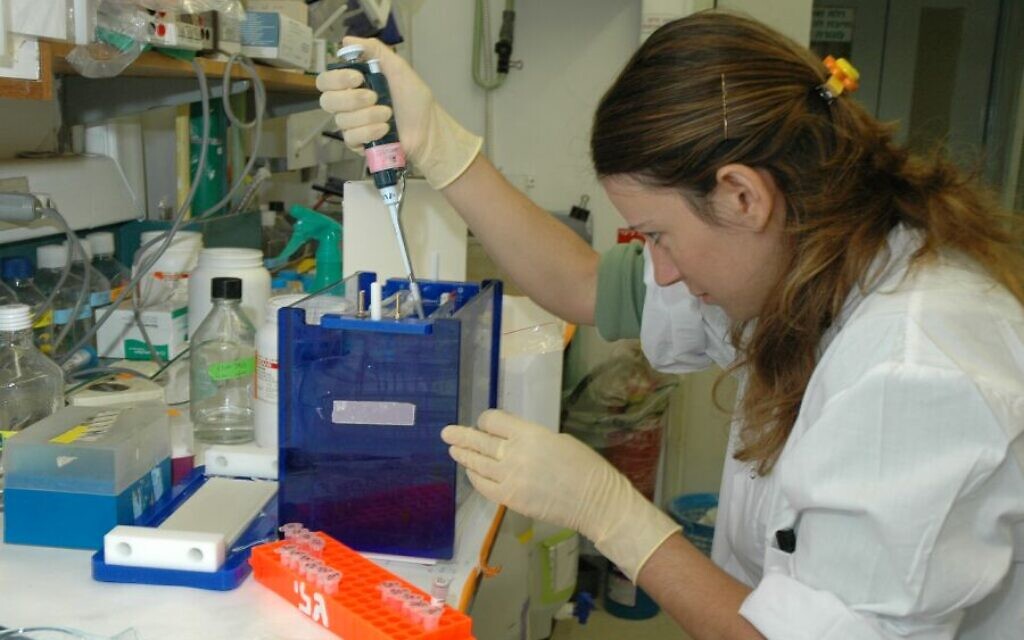How Israeli universities are at the forefront of defeating coronavirus
Scientists and researchers at Israel's top institutions are using modelling and AI to better understand the virus, how it spreads, finding a vaccine and how best to recover
Israeli scientists and students have leapt to the challenge of defeating the novel coronavirus which is causing tens of thousands around the world to die from Covid-19.
Thinking outside the box, researchers are using modelling and Artificial Intelligence to better understand the virus, how it spreads, how to vaccinate against it, and how to emerge from the pandemic on the other side.
At the Weizmann Institute social engineers led by Prof Uri Alon have presented an “exit strategy” model, focusing on how to restart the economy after the crisis.
Get The Jewish News Daily Edition by email and never miss our top stories Free Sign Up
“Think of dieting,” they said. “You can fast for two months and lose weight, but you’ll probably die. Even if you survive, you’ll quickly gain weight again. Similarly, a two-month lockdown will suppress the virus but kill the economy.”
Amid mass unemployment and poverty, sectors of the economy could collapse, with every resurgence forcing another lockdown – the so-called yo-yo effect. “When the dust settles more people will have died of hunger.”
Alon’s team has suggested a policy that suppresses the virus and “at the same time allows sustainable if reduced economic activity”.
This is based on “intermittent lockdown – five days of lockdown and two days of work every week,” causing the number of people infected by each infectious person to drop below one, the magic number needed to cause a decline.
A four-day work/ten-day lockdown strategy is even better, they said, “allowing those infected at work to cease becoming infectious at home… after several such cycles, the number of infected people will drop dramatically”.
Until there is a vaccine, they said intermittent lockdown “may be the only viable option… It allows millions to work two days a week, sustaining key economic sectors… an economic and psychological game-changer”.
In a different Weizmann department, researchers led by Prof Ron Milo have been organising the flood of data on the coronavirus from around the world to come up with a universal “language” on measurement and estimation methods.

Working with US colleagues, they filed through hundreds of studies to “translate and consolidate” the findings on cell numbers and biomass distribution, and found similarities between this novel coronavirus genome and those of other viruses.
For instance, this new virus was found to be 96 percent identical to an existing virus that infects bats, and 91 percent identical to an existing virus that infects scaly anteaters known as pangolins.
The team also shone further light on how the virus attaches to targets such as the bronchi and lungs, which they hope will be useful when developing a vaccine, in particular understanding how the virus may bypass any such drug.
Milo said the new virus’s mutation accumulation rate was relatively slow compared to influenza viruses, and said this may indicate that drugs and vaccines developed by scientists will be more durable.
At Bar-Ilan University, medical researchers are working with a Swedish pharmaceutical company on a vaccine, using a different virus which contains parts of the novel coronavirus.
In another project, researchers are using remote-sensing technology to monitor the initial stages of pneumonia, which the virus causes, while new technology developed by Bar-Ilan’s Dr Amos Danielli is hoping to cut diagnosis times down from one hour to fifteen minutes using saliva testing.

The university is providing vital equipment for Poriya Medical Center’s corona-testing laboratory, including polymerase chain reaction (PCR) machines, which enable rapid diagnosis of coronavirus.
At the Hebrew University of Jerusalem there are more than 50 projects related to the novel coronavirus ranging from diagnosis to vaccine production to the identification of genetic components impacting the body’s response to the disease.

Working with the virology laboratory at Hadassah, headed by Prof Dana Wolf, the university said it had managed to increase in the number of tests being conducted, while a team led by Prof Yehuda Neumark have been examining community initiatives for underprivileged and vulnerable populations during the pandemic.
Scientists from Weizmann and Hebrew University are working together on a new method of predicting and monitoring the virus’s spread using data based on 60,000 completed questionnaires from the Israeli public since 22 March.
Their analysis relies on big data, algorithms and artificial intelligence to signpost clusters early, with local interventions aimed at slowing down the spread. The joint project will enable authorities to direct efforts and resources to the right areas.
Yet it is not just academics playing a role. Faculty of Medicine staff, together with Magen David Adom paramedics, have been training students how to carry out Covid-19 tests, with those students now integrated into the labs of hospitals such as Hadassah and Sha’are Zedek.
Their social action focus has extended beyond immediate medical concerns too, with many students “volunteering to babysit for the children of doctors and nurses, as well as assisting schoolchildren and the elderly”.
At Technion, researchers have been employed to more than 20 labs, with a team led by Prof Roy Kishony pioneering a method of simultaneously testing of dozens of people at the same time, while a team led by Prof Hossam Haick developing a test for anyone with Covid-19 who is not yet symptomatic.
Meanwhile Technion’s Prof Josué Sznitman and his team is working on technologies for delivering drugs to the lungs in a bid to tackle the principal cause of death among Covid-19 patients – acute respiratory distress syndrome (ARDS).
Ben-Gurion University President Prof Daniel Chamovitz said they would be “diverting research, development and projects to relevant aspects of the crisis,” having already embarked on studies of anxiety around the crisis, compliance with government guidelines and the use of medical emergency drones.
Psychologist Dr Eli Somer at University of Haifa also warned of the “accumulative stress” on the elderly, migrants, unemployed, domestic abuse victims and those with a history of anxiety and depression.
“Children are vulnerable because they don’t understand the situation,” he said. “They take cues from their parents. Kids react to what they say and how they say it, so parents should make themselves available to listen and answer any questions.”
Reassuringly, the former IDF profession said most people would not develop long-term psychological effects from self-isolation. “Many may even come out of this pandemic with a deeper appreciation for life.”

Thank you for helping to make Jewish News the leading source of news and opinion for the UK Jewish community. Today we're asking for your invaluable help to continue putting our community first in everything we do.
For as little as £5 a month you can help sustain the vital work we do in celebrating and standing up for Jewish life in Britain.
Jewish News holds our community together and keeps us connected. Like a synagogue, it’s where people turn to feel part of something bigger. It also proudly shows the rest of Britain the vibrancy and rich culture of modern Jewish life.
You can make a quick and easy one-off or monthly contribution of £5, £10, £20 or any other sum you’re comfortable with.
100% of your donation will help us continue celebrating our community, in all its dynamic diversity...
Engaging
Being a community platform means so much more than producing a newspaper and website. One of our proudest roles is media partnering with our invaluable charities to amplify the outstanding work they do to help us all.
Celebrating
There’s no shortage of oys in the world but Jewish News takes every opportunity to celebrate the joys too, through projects like Night of Heroes, 40 Under 40 and other compelling countdowns that make the community kvell with pride.
Pioneering
In the first collaboration between media outlets from different faiths, Jewish News worked with British Muslim TV and Church Times to produce a list of young activists leading the way on interfaith understanding.
Campaigning
Royal Mail issued a stamp honouring Holocaust hero Sir Nicholas Winton after a Jewish News campaign attracted more than 100,000 backers. Jewish Newsalso produces special editions of the paper highlighting pressing issues including mental health and Holocaust remembrance.
Easy access
In an age when news is readily accessible, Jewish News provides high-quality content free online and offline, removing any financial barriers to connecting people.
Voice of our community to wider society
The Jewish News team regularly appears on TV, radio and on the pages of the national press to comment on stories about the Jewish community. Easy access to the paper on the streets of London also means Jewish News provides an invaluable window into the community for the country at large.
We hope you agree all this is worth preserving.
-
By Laurent Vaughan - Senior Associate (Bishop & Sewell Solicitors)
-
By Laurent Vaughan - Senior Associate (Bishop & Sewell Solicitors)
-
By Laurent Vaughan - Senior Associate (Bishop & Sewell Solicitors)
-
By Laurent Vaughan - Senior Associate (Bishop & Sewell Solicitors)






















